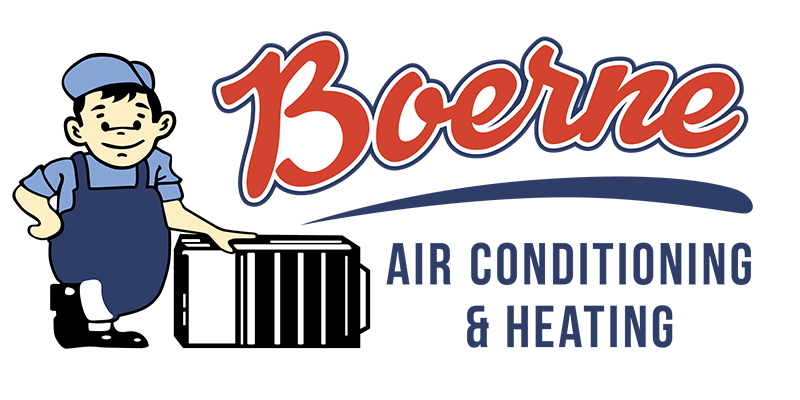16 Jun AC not blowing cool enough?
Your AC is working harder than normal to keep your home cool during these hot Texas summer days. And while most AC units are capable of keeping your home comfortable during these record high temperatures, it’s important to recognize the signs of real trouble and possible AC repairs needed. The most common AC repair issues can vary depending on the specific type and model of the air conditioning system. However, here are some common issues and AC repairs that Texas homeowners often encounter:
Refrigerant Leaks:
Refrigerant is the substance that cools the air in your AC system. Leaks can occur due to worn-out seals or damaged components, leading to decreased cooling efficiency or even complete AC failure.
Frozen Evaporator Coils:
If the evaporator coils inside your AC unit freeze, it can result in reduced airflow and insufficient cooling. This can happen due to restricted airflow, low refrigerant levels, or issues with the fan or thermostat.
Faulty Compressor:
The compressor is responsible for circulating refrigerant and pressurizing it for heat exchange. Problems with the compressor, such as electrical issues or motor failures, can cause the AC to malfunction or not cool properly.
Electrical Malfunctions:
Electrical problems can arise from faulty wiring, tripped breakers, or malfunctioning capacitors. These issues can disrupt the functioning of the AC system, resulting in poor cooling or no cooling at all.
Fan Problems:
There are two fans in an AC system: the condenser fan, which helps dissipate heat from the outdoor unit, and the blower fan, which circulates cooled air inside the house. Issues with either fan, such as motor failures or worn-out belts, can affect the airflow and cooling performance.
Clogged Air Filters:
Dirty or clogged air filters restrict the airflow, reducing the efficiency of the AC system. This can lead to poor cooling, increased energy consumption, and even damage to other components.
Thermostat Issues:
Problems with the thermostat can cause inaccurate temperature readings or prevent the AC from turning on or off when needed. This can result in discomfort and inefficient cooling.
Drainage Problems:
The AC system has a condensate drain line that removes excess moisture. If this line becomes clogged or damaged, it can cause water leaks or even damage to the AC unit.
Keep in mind, these are general issues, and specific problems can vary based on the type of AC system you have. If your AC is experiencing any of these unit issues and AC repairs, give us a call. We’ll send an AC technician out for an accurate diagnosis and AC repairs, if needed.
